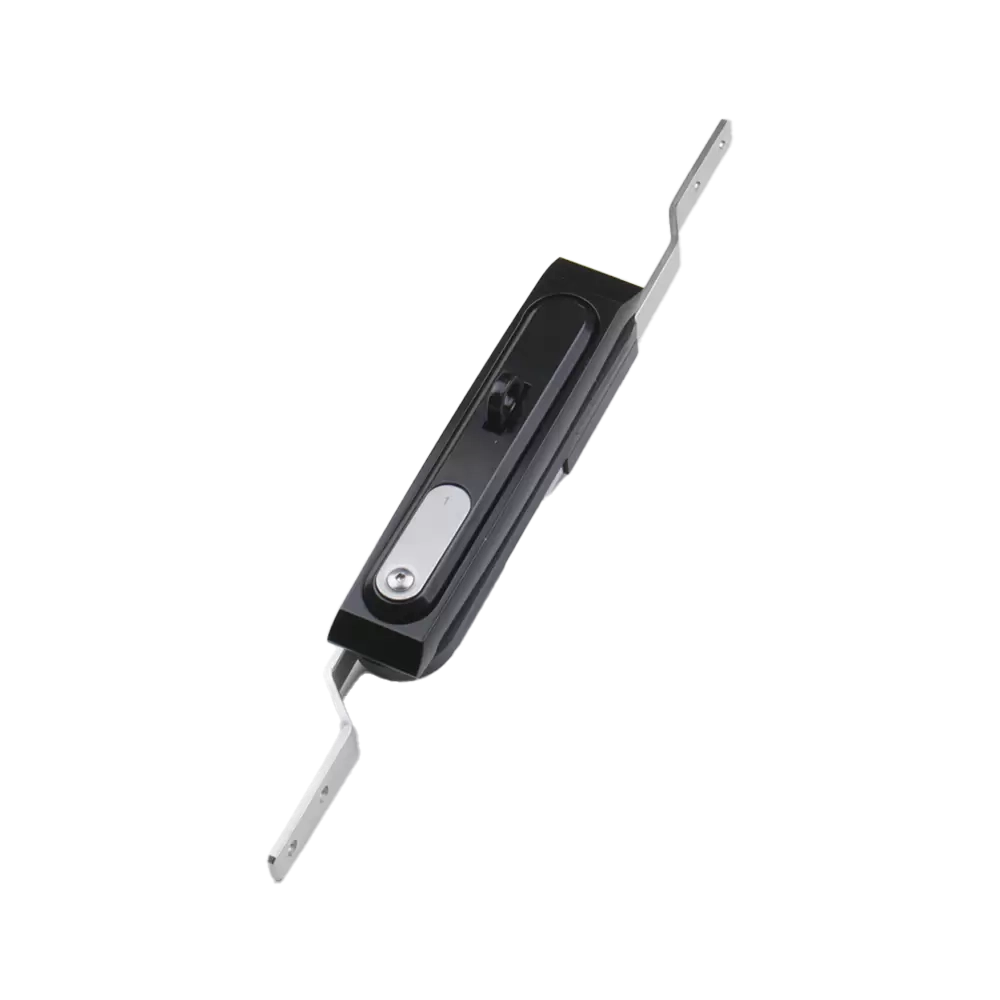In recent years, the concept of smart homes has gained immense popularity among homeowners. The integration of technology into our living spaces has revolutionized the way we interact with our homes. This article aims to explore the reasons why people are increasingly preferring smart homes, shedding light on the numerous benefits and conveniences they offer.
- Enhanced Convenience and Efficiency:
One of the primary reasons why people are drawn towards smart homes is the unparalleled convenience they provide. With smart home automation systems, individuals can control various aspects of their homes, such as lighting, temperature, security, and entertainment, all from a single device or even remotely. This level of control and automation saves time and effort, making daily tasks more efficient and hassle-free. - Improved Energy Efficiency:
Smart homes are designed to optimize energy consumption, leading to reduced utility bills and a more sustainable lifestyle. Through the use of smart thermostats, energy-efficient appliances, and automated lighting systems, homeowners can monitor and regulate energy usage, ensuring that resources are not wasted. This not only benefits the environment but also contributes to long-term cost savings. - Enhanced Security and Safety:
Security is a top priority for homeowners, and smart homes offer advanced security features that provide peace of mind. Smart security systems, including surveillance cameras, motion sensors, and smart locks, can be monitored and controlled remotely. Additionally, these systems can send real-time alerts to homeowners' smartphones, enabling them to respond promptly to any potential threats or emergencies. - Integration and Connectivity:
Smart homes thrive on seamless integration and connectivity between various devices and systems. The ability to connect and control multiple devices, such as smartphones, tablets, voice assistants, and home appliances, creates a unified ecosystem within the home. This integration allows for effortless communication and coordination, enabling homeowners to streamline their daily routines and enhance their overall living experience. - Personalization and Adaptability:
Smart homes offer a high level of personalization, allowing homeowners to tailor their living spaces to their preferences. From customized lighting scenes to personalized temperature settings, smart homes adapt to individual needs and create a comfortable ambiance. Moreover, machine learning algorithms enable smart homes to learn from occupants' behaviors and adjust settings accordingly, further enhancing the personalized experience.
Conclusion:
The increasing preference for smart homes can be attributed to the numerous advantages they offer, including enhanced convenience, energy efficiency, security, connectivity, and personalization. As technology continues to advance, smart homes are expected to become even more sophisticated, transforming the way we live and interact with our living spaces. Embracing the concept of smart homes not only improves our quality of life but also contributes to a more sustainable and connected future.


More Stories
Recommended Breastfeeding Essentials: Make Your Motherhood Journey Easier and More Enjoyable
Studio Acoustic Panels Buying Guide: What You Need to Know
Why Outdoor Stainless Steel Sports Bottles Are Perfect for Hiking and Camping